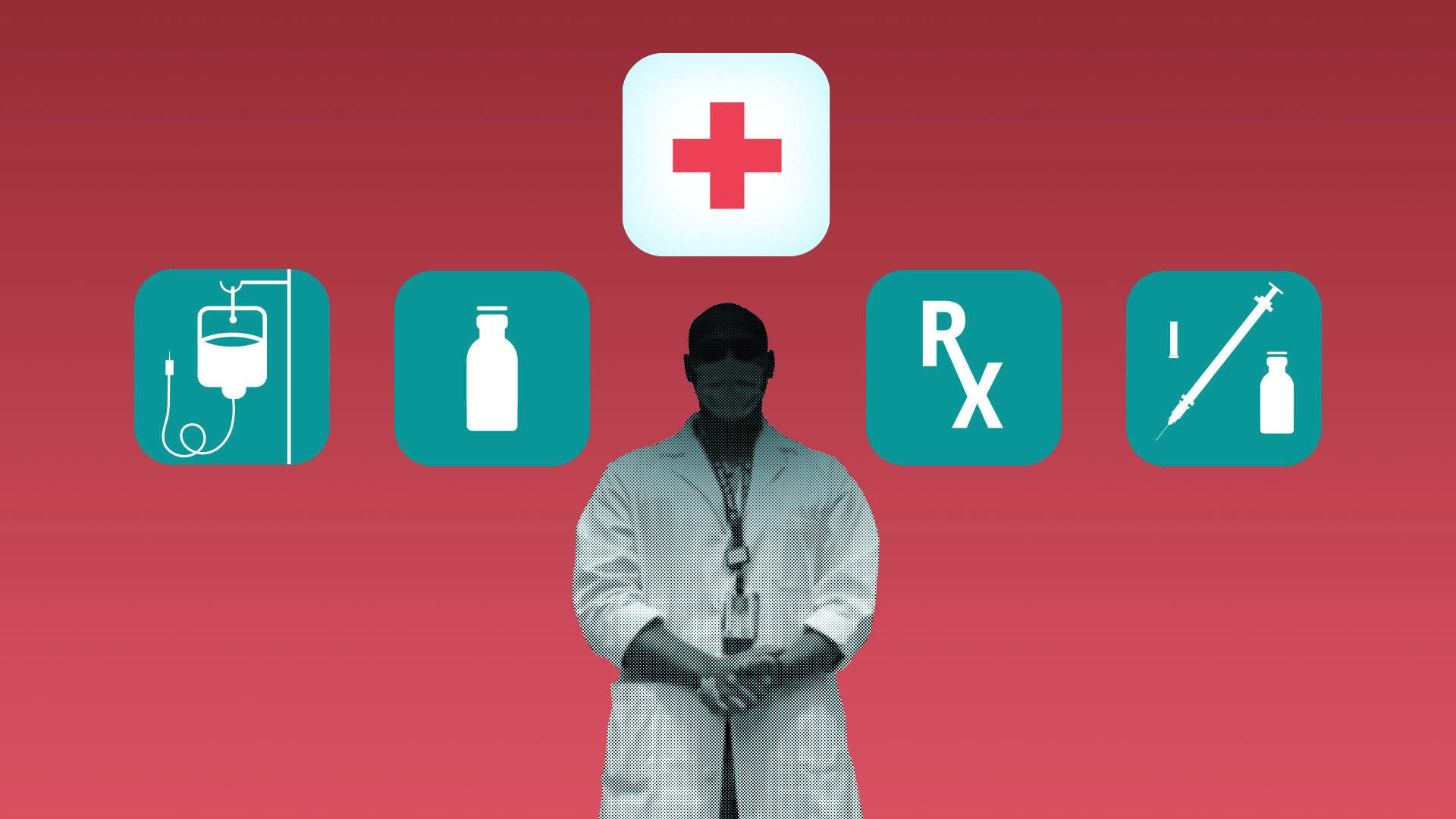What are the treatment options for COVID-19?
There are several treatment options for COVID-19, and which one is best depends on how sick someone is

Your support helps us to tell the story
From reproductive rights to climate change to Big Tech, The Independent is on the ground when the story is developing. Whether it's investigating the financials of Elon Musk's pro-Trump PAC or producing our latest documentary, 'The A Word', which shines a light on the American women fighting for reproductive rights, we know how important it is to parse out the facts from the messaging.
At such a critical moment in US history, we need reporters on the ground. Your donation allows us to keep sending journalists to speak to both sides of the story.
The Independent is trusted by Americans across the entire political spectrum. And unlike many other quality news outlets, we choose not to lock Americans out of our reporting and analysis with paywalls. We believe quality journalism should be available to everyone, paid for by those who can afford it.
Your support makes all the difference.What are the treatment options for COVID-19?
There are several, and which one is best depends on how sick someone is.
For example, steroids such as dexamethasone can lower the risk of dying for severely ill patients. But they may do the opposite for those who are only mildly ill.
In the United States, no treatments are specifically approved for COVID-19 but a few have been authorized for emergency use and several more are being considered. A panel of experts convened by the National Institutes of Health updates guidelines as new studies come out.
Here’s what’s advised for various patients:
-- Not hospitalized or hospitalized but not needing extra oxygen: No specific drugs recommended, and a warning against using steroids.
-- Hospitalized and needing extra oxygen but not a breathing machine: The antiviral drug remdesivir given through an IV, and in some cases also a steroid.
-- Hospitalized and on a breathing machine: Remdesivir and a steroid.
What about convalescent plasma, an infusion of blood from a COVID-19 survivor that contains antibodies that fight the virus? Not enough is known to recommend for or against it, the guidelines say.
However, enough is known to advise against hydroxychloroquine and certain drugs that affect the immune system -- multiple studies have found them ineffective against the coronavirus.
Aside from drugs, doctors have learned more about ways to treat hospitalized patients, such as putting them on their bellies and other measures that may prevent the need for breathing machines.
___
The AP is answering your questions about the coronavirus in this series. Submit them at: FactCheck@AP.org. Read more here:
How can I volunteer for a COVID-19 vaccine study?
Can the coronavirus travel more than 6 feet in the air?
How long could I be contagious before a positive virus test?